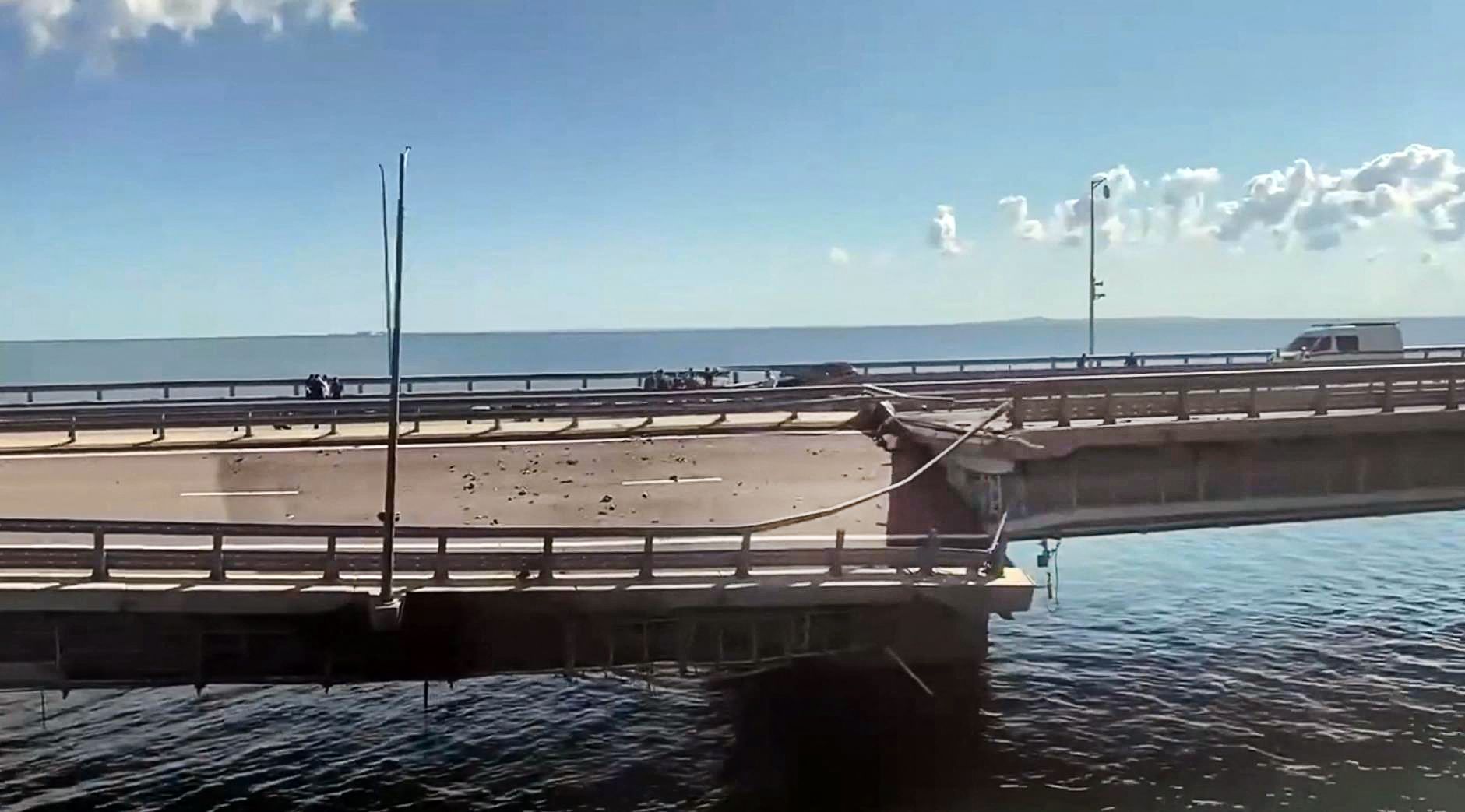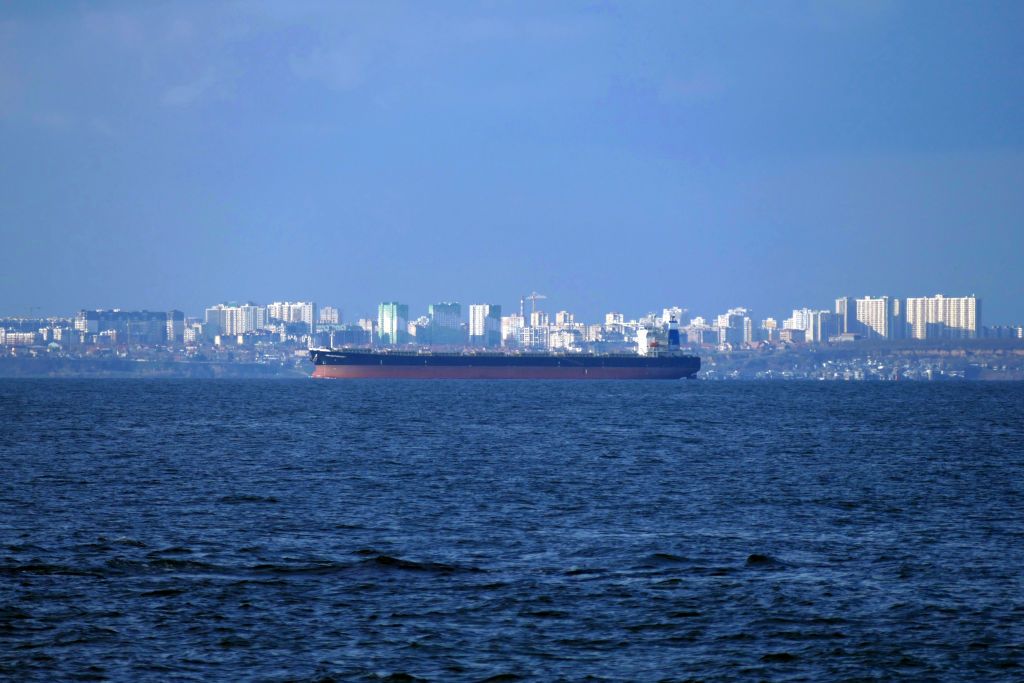Black Sea grain deal collapses as Russia pulls from agreement

Russia announced on July 17 that it is pulling out of the Black Sea Grain Initiative, critical for ensuring global food security, effectively collapsing the deal.
The grain deal, brokered by Turkey and the UN in July 2022, has been essential in mitigating a global surge in food prices partially caused by Russia's full-scale war against Ukraine by allowing Ukraine to export its agricultural products via the Black Sea despite the ongoing invasion.
"Unfortunately, the part of the Black Sea agreements concerning Russia has not been implemented so far," Kremlin spokesperson Dmitry Peskov claimed. "Therefore, its deal has been terminated. As soon as the Russian part is completed, the Russian side will return to the implementation of this deal immediately."
According to Russian foreign affairs spokesperson Maria Zakharova, the Kremlin has officially informed Ukraine, the UN, and Turkey of its decision.
The move came the same day as the Crimean Bridge, which connects the occupied Ukrainian peninsula to Russia's Krasnodar Oblast, sustained damage due to reported explosions. However, the Kremlin denied the decision was related to the incident in Crimea.
A UN official confirmed to CNN that the organization's office in Turkey has received official confirmation on Russia's decision not to renew the grain deal.
“The Secretary-General will not stop his efforts to facilitate the unimpeded access to global markets for food products and fertilizers from both Ukraine and the Russian Federation to preserve global food security,” the UN official said, as quoted by CNN.
European Commission President Ursula von der Leyen also condemned Russia's decision, saying the "EU is working to ensure food security for the world's vulnerable."
Bloomberg reported on July 17 that the price of wheat rose 3% to %6.80 per bushel after Moscow's announcement that it is terminating the grain deal with Ukraine.
Meanwhile, Turkish President Recep Tayyip Erdogan said he believes that Russian President Vladimir Putin wants to continue the grain deal, despite having withdrawn. He said Turkish Foreign Minister Hakan Fidan will discuss the agreement over the phone with his Russian counterpart Sergey Lavrov, saying he hopes the deal will resume "without interruption."
The agreement has been prolonged several times since its conception - the last time on May 17 for another 60 days. Russia has repeatedly threatened to pull back from the deal, which Kyiv denounced as attempts at "blackmail."
Days before the deal was set to expire, on July 13, Putin claimed that Russia's requirements have not been met, thus jeopardizing the grain deal.
Putin said that Moscow's demands focus on logistics, insurance, and the movement of money when paying for Russian products. In particular, the Kremlin wanted its Russian Agricultural Bank to be reconnected to the international SWIFT payment system.
The European Union cut the bank from the payment system on June 14 under its sanctions regime over the full-scale invasion of Ukraine.
To meet Putin's request, UN Secretary-General Antonio Guterres presented a proposal to Moscow that a subsidiary of the sanctioned Russian Agricultural Bank will be reconnected to SWIFT. The UN has also offered to assist Russia with its food and fertilizer exports.
On July 14, Peskov said Russia did not agree to extend the grain initiative, despite Erdogan saying he had reached an agreement with Putin on the matter.
The U.K. Defense Ministry wrote on June 9 that the Kremlin is likely continuing to sabotage Ukrainian grain shipments to force concessions on the reopening of its Togliatti-Odesa ammonia pipeline.
Russian forces fired at a part of the pipeline located in Kharkiv Oblast on June 6. It was the second attack on the pipeline in two days, according to Kharkiv Oblast Governor Oleh Syniehubov.















